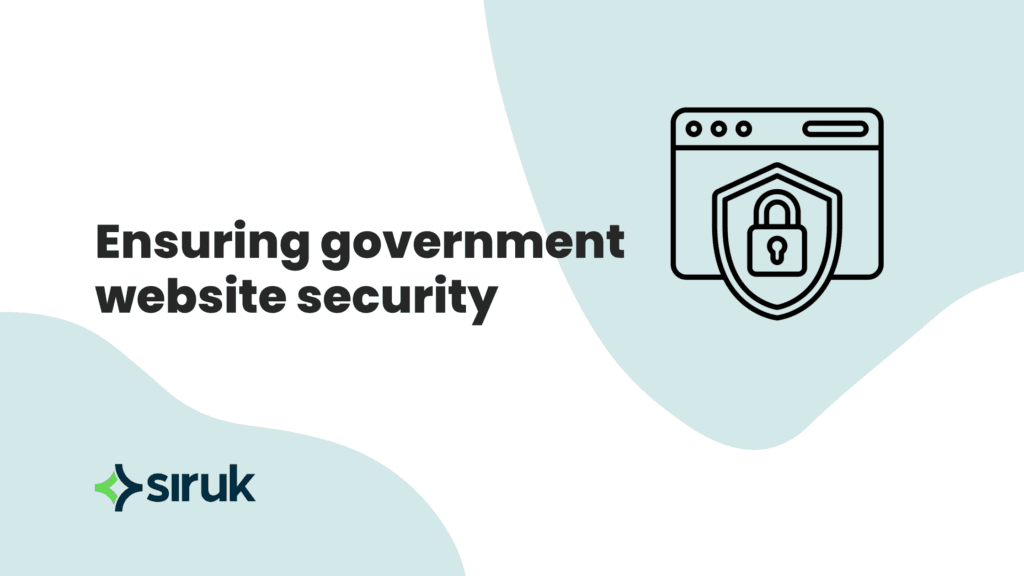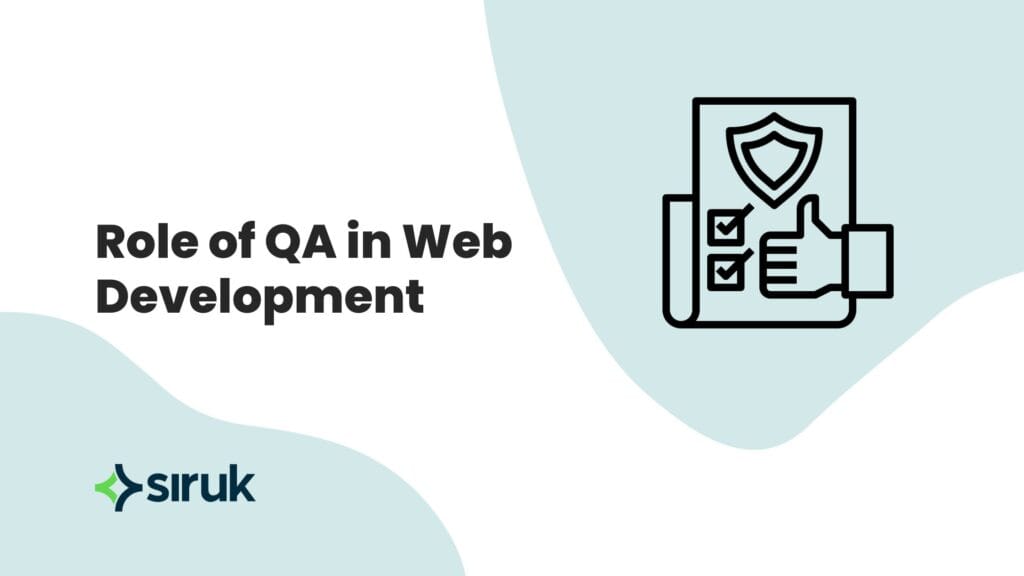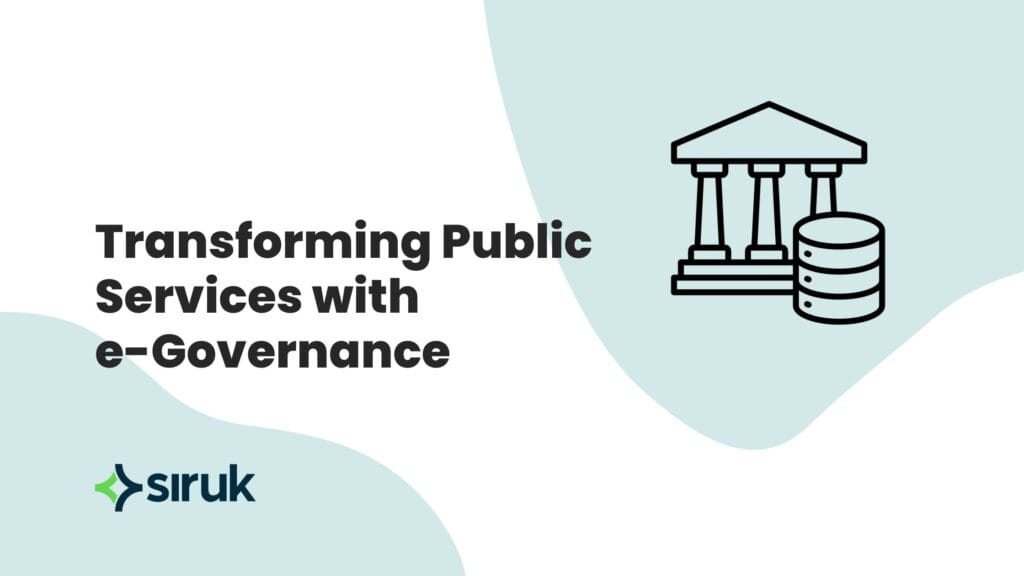As a software company based in Mizoram, we at Siruk understand the critical importance of cybersecurity, especially when it comes to government websites. These digital platforms serve as vital interfaces between citizens and their government, handling sensitive information and providing essential services. In this post, we’ll explore key strategies for enhancing the security of government websites, drawing from our extensive experience in this field.
Our Experience with Government Websites
At Siruk, we’re proud to have contributed to Mizoram’s digital infrastructure by developing and securing key government websites. Two notable projects we’ve worked on are:
- MISTIC (Mizoram Science, Technology & Innovation Council): We significantly enhanced the security protocols for this crucial platform, implementing robust encryption and advanced firewall systems.
- MIRSAC (Mizoram Remote Sensing Application Centre): Our team improved the security infrastructure of MIRSAC’s website, focusing on data protection and secure access controls.
These projects allowed us to apply cutting-edge security measures in real-world scenarios, strengthening the digital presence of important government institutions in Mizoram.
Why Government Website Security Matters
Government websites are prime targets for cyberattacks due to the valuable data they hold and their significance in national infrastructure. A breach can lead to:
- Compromised citizen data
- Disruption of public services
- Damage to government credibility
- Potential national security risks
Essential Security Measures
1. Implement HTTPS
All government websites should use HTTPS to encrypt data in transit. This prevents eavesdropping and man-in-the-middle attacks. In our work with MISTIC and MIRSAC, we ensured that all communications were secured with the latest SSL/TLS protocols.
2. Regular Security Audits
Conduct thorough security assessments periodically to identify vulnerabilities and address them promptly. For our government clients, we implement a rigorous audit schedule to stay ahead of potential threats.
3. Multi-Factor Authentication (MFA)
Implement MFA for administrative access to prevent unauthorized entry even if passwords are compromised. We successfully deployed this for both MISTIC and MIRSAC, significantly reducing the risk of unauthorized access.
4. Updated Content Management Systems (CMS)
Keep CMS software and all plugins up-to-date to patch known vulnerabilities. Our team maintains a proactive update schedule for all government websites we manage.
5. Web Application Firewalls (WAF)
Deploy WAFs to filter and monitor HTTP traffic between web applications and the Internet. We implemented state-of-the-art WAFs for our government clients, providing an additional layer of security.
6. Data Encryption
Encrypt sensitive data both in transit and at rest to protect it from unauthorized access. In our work with MISTIC and MIRSAC, we implemented end-to-end encryption for all sensitive data.
7. Regular Backups
Maintain frequent, secure backups of all critical data to ensure quick recovery in case of a breach or data loss. We established automated, encrypted backup systems for our government clients.
Advanced Security Strategies
1. Penetration Testing
Regularly conduct penetration testing to simulate real-world attacks and identify potential weaknesses.
2. Security Information and Event Management (SIEM)
Implement SIEM solutions to monitor, analyze, and respond to security events in real time.
3. Zero Trust Architecture
Adopt a zero trust model, which assumes no user or system should be trusted by default, even if they’re inside the network perimeter.
4. API Security
Secure all APIs with proper authentication, rate limiting, and input validation to prevent misuse.
5. Continuous Monitoring
Implement 24/7 monitoring systems to detect and respond to suspicious activities promptly.
Compliance and Standards
Government websites must adhere to specific security standards and regulations. In India, this includes compliance with guidelines set by the National Informatics Centre (NIC) and the Ministry of Electronics and Information Technology (MeitY).
Conclusion
Securing government websites is an ongoing process that requires vigilance, expertise, and dedication. At Siruk, we’re committed to helping government entities in Mizoram and beyond to fortify their digital presence against evolving cyber threats. Our successful projects with MISTIC and MIRSAC demonstrate our capability to implement robust security measures for critical government platforms.
By implementing these security measures and continuously improving upon them, we can ensure that government websites remain reliable, secure, and trustworthy platforms for citizen engagement and service delivery. Our experience in Mizoram has shown that with the right approach and expertise, it’s possible to create a resilient digital infrastructure that serves both the government and its citizens effectively and securely.
Remember, in cybersecurity, we’re only as strong as our weakest link. Let’s work together to build and maintain a secure digital future for Mizoram and beyond.



